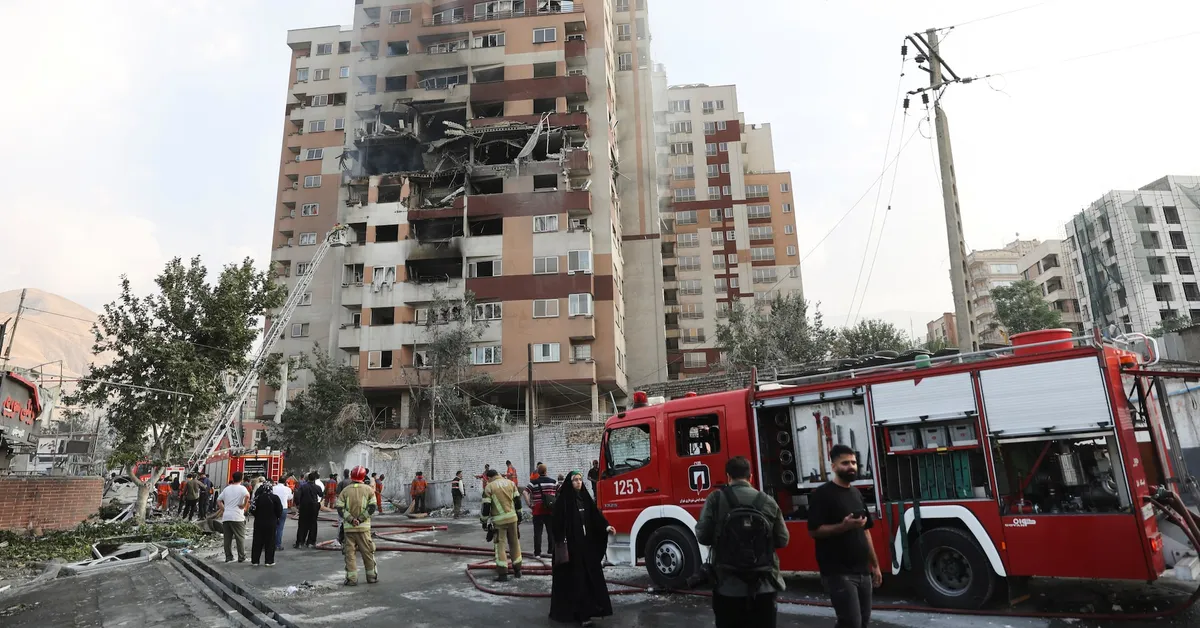
On June 13, 2023, Israel initiated a military operation targeting Iran's nuclear facilities, ballistic missile factories, and military commanders. This operation, named Operation Rising Lion, marks the beginning of what Israeli officials have warned could be a prolonged campaign aimed at preventing Tehran from developing an atomic weapon. Iranian media reported multiple explosions, including significant activity at the main uranium enrichment facility located in Natanz.
In response to the escalating situation, Israel declared a state of emergency, anticipating retaliatory attacks involving missiles and drones from Iran. Iranian state television reported that Hossein Salami, the chief of the elite Revolutionary Guards corps, had been killed during the strikes, and that several civilians, including children, lost their lives in the bombardment of a residential area in Tehran.
Israeli Prime Minister Benjamin Netanyahu characterized the operation as a decisive moment in Israel's history. In a recorded message, he stated, “Moments ago, Israel launched Operation Rising Lion, a targeted military operation to roll back the Iranian threat to Israel's very survival. This operation will continue for as many days as it takes to remove this threat.”
In a counterstatement, Iran's Supreme Leader, Ayatollah Ali Khamenei, condemned Israel's actions, referring to them as a "crime against Iran" and warned that Israel would face severe consequences. An Israeli military official indicated that Israel targeted dozens of nuclear and military installations, including the critical facility in Natanz, asserting that Iran possesses enough material to produce up to 15 nuclear bombs within days.
The United States, a key ally of Israel, stated it had no involvement in the operation. A senior U.S. official clarified that while tensions in the Middle East were escalating, the U.S. maintained its focus on protecting American forces in the region. U.S. Secretary of State Marco Rubio reaffirmed this stance, stating, “We are not involved in strikes against Iran,” and emphasized the importance of safeguarding U.S. personnel and interests.
The Israeli strikes triggered significant market reactions, with sharp declines in stock prices during early Asian trading. Oil prices surged as investors sought refuge in safe-haven assets such as gold and the Swiss franc, highlighting the operation's potential impact on the global economy.
As tensions rise, U.S. and Iranian officials were scheduled to engage in a sixth round of discussions regarding Iran's uranium enrichment program in Oman. However, these talks appear to be at a standstill, raising concerns about the future of diplomatic efforts aimed at curbing Iran's nuclear ambitions. President Trump had previously indicated that while a strike on Iran could occur, he still hoped for a peaceful resolution to the ongoing crisis.
With the situation continuing to evolve, both Israel and Iran are poised for potential escalation. The ramifications of Israel's military operation extend beyond their borders, affecting regional stability and international relations. As global actors monitor the developments closely, the world awaits further responses from both nations and their allies.